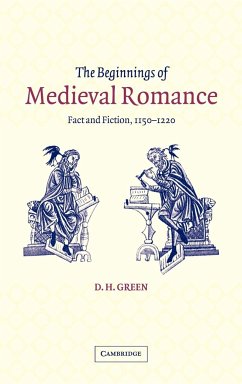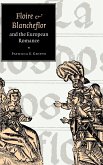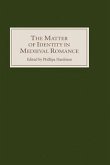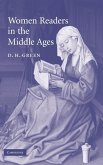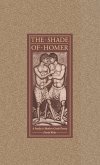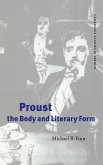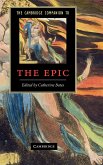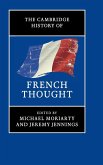Up to the twelfth century writing in the western vernaculars dealt almost exclusively with religious, historical and factual themes, all of which were held to convey the truth. The second half of the twelfth century saw the emergence of a new genre, the romance, which was consciously conceived as fictional and therefore allowed largely to break free from traditional presuppositions. Dennis Green explores how and why this happened, and examines this period of crucial importance for the birth of the romance and the genesis of medieval fiction in the vernacular. Although the crucial innovative role of writers in Germany is Green's main concern, he also takes literature in Latin, French and Anglo-Norman into account. This study offers a definition of medieval fictionality in its first formative period in the twelfth century, and underlines the difficulties encountered in finding a place for the fictional romance within earlier literary traditions.
Table of contents:
Preface; List of abbreviations; 1. Defining twelfth-century fictionality; 2. Vernacular fiction in the twelfth century: predecessors, finding a place for fiction; 3. Fictive orality: Excursus: Orality and performance in early French romance; 4. Fiction and Wolfram's Parzival: intertextuality, sources, history; 5. Fiction and structure: Ordo narrationis, typology, folktale pattern, double cycle; 6. Fiction and history: types of narrative, Matière de Rome, Matière de Bretagne, genesis of medieval fictionality; Notes; Bibliography; Index of names.
Until the twelfth century writing in the western vernaculars dealt almost exclusively with religious, historical and factual themes, but the second half of the twelfth century saw the emergence of a new genre consciously conceived as fictional, the romance. Dennis Green explores how and why this shift occurred.
Explores the emergence of the romance in the twelfth century.
Table of contents:
Preface; List of abbreviations; 1. Defining twelfth-century fictionality; 2. Vernacular fiction in the twelfth century: predecessors, finding a place for fiction; 3. Fictive orality: Excursus: Orality and performance in early French romance; 4. Fiction and Wolfram's Parzival: intertextuality, sources, history; 5. Fiction and structure: Ordo narrationis, typology, folktale pattern, double cycle; 6. Fiction and history: types of narrative, Matière de Rome, Matière de Bretagne, genesis of medieval fictionality; Notes; Bibliography; Index of names.
Until the twelfth century writing in the western vernaculars dealt almost exclusively with religious, historical and factual themes, but the second half of the twelfth century saw the emergence of a new genre consciously conceived as fictional, the romance. Dennis Green explores how and why this shift occurred.
Explores the emergence of the romance in the twelfth century.

